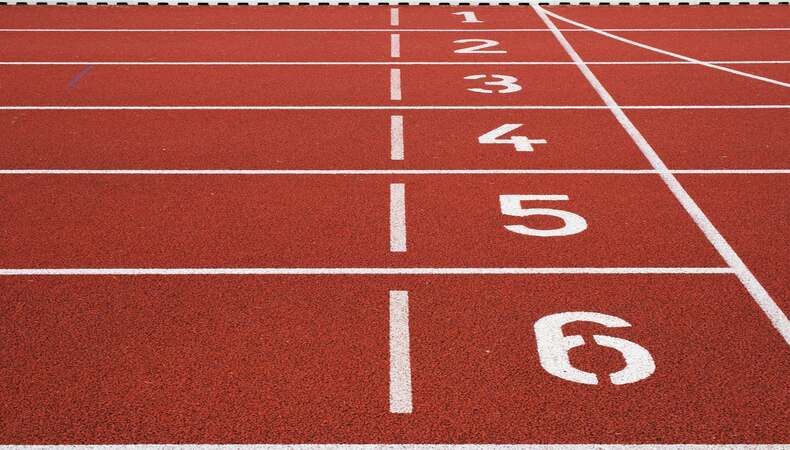Bahrain Faces Sanctions for Doping, Halts Naturalization of Athletes

After a slew of doping-related penalties, Bahrain’s effective but divisive approach of naturalizing athletes from Africa abruptly stopped. The Kingdom, which had a reputation for supporting foreign-born athletes for its track squad, now finds major limitations placed by World Athletics.
Sanctions Applied: Restrained Olympic and World Championship Attendance
Bahrain will only be allowed a maximum of 10 participants in the track and field disciplines at both the forthcoming Paris Olympics and next year’s World Championships in Tokyo, according to World Athletics on Thursday. Bahrain agreed upon this restriction as part of a package of sanctions, even if it wasn’t first revealed upon agreement’s making.
Star Athletes: Their Effect
Bahrain’s naturalizing African athletes approach has given them great success internationally. Notable athletes include Nigerian sprinter Salwa Eid Naser, who won silver in the 400 meters, and Kenya-born Winfred Yavi, who took gold in the women’s 3,000-meter steeplechase at the Paris Games. Notwithstanding their successes, neither Yavi nor Naser has been charged with any misconduct concerning doping.
Admitting Misconduct and Research Results
The Bahrain Athletics Association (BAA) acknowledged using staff members engaged in doping operations as well as claims of incompetence and recklessness in regard to doping policies. These disclosures coincided with an inquiry revealing claims of two athletes having blood transfusions during the Tokyo 2021 Olympics and the BAA appointing a coach subject to a doping-related ban.
Immediate Repercussions: Not One New Recruit till 2027
Bahrain has committed to stop recruiting foreign athletes until 2027 as part of the penalties, therefore fundamentally changing their strategy for creating a competitive track and field squad. This choice means that, for the next several years—including during the lead-up to the 2028 Summer Olympics in Los Angeles—the Kingdom will not be able to rely on fresh naturalized talent.
Local Talent Development: New Projects and Commitments
Bahrain has promised to create a “talent academy” targeted at honing indigenous athletes in reaction to the fines. Bahrain’s larger endeavor to establish a more native sports program is complemented by this one toward sustainability. The Kingdom has also established a new national anti-doping authority to guarantee improved adherence to international norms and thereby rebuild its reputation among the international sports world.
A Doping Controversy History
Bahrain has been under investigation of doping, especially among its naturalized athletes, not once before. For example, Salwa Eid Naser missed the Tokyo Olympics serving a ban for not being accessible for drug testing. Other sportsmen who have lately been banned for doping offenses include marathon runner Marius Kimutai and Kemi Adekoya. Former 400-meter world indoor champion Adekoya was banned for four years in 2019 for steroid use; Kimutai was banned for three years in April following a drug test failure.
Looking Ahead: Bahrain’s Future
Bahrain’s stance to international sports undergoes a sea change with the penalties applied by World Athletics. The Kingdom has a difficult road ahead given the limits on naturalizing foreign sportsmen and the dedication to nurturing indigenous talent. Without depending on Bahrain’s past approach of naturalizing foreign-born athletes, the next years will challenge its capacity to keep its competitive edge in track and field.




